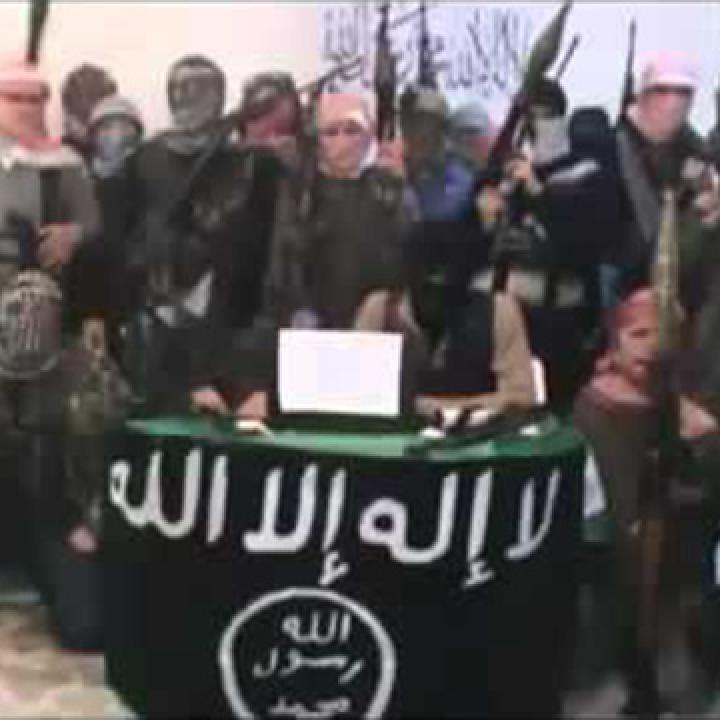
- Policy Analysis
- Articles & Op-Eds
Sunni Foreign Fighters in Syria: Background, Facilitating Factors, and Select Responses

A detailed survey of how many fighters have joined the Syrian jihad, where they come from, how their efforts compare to past jihads in Afghanistan and Iraq, and what European governments are doing about the issue.
Download the PDF to read the full version of this summary, excerpted from a PFPC Background Paper.
Executive Summary
This background paper is based on a presentation during a Partnership for Peace Consortium Combating Terrorism Workshop held in Brussels on April 23-25, 2014. The paper discusses reasons driving the phenomenon of foreign fighters in Syria and highlights some legal responses taken by Western European states to stem the flow and reduce any potential disruptive activities when these fighters return to their countries of departure.
The current foreign fighter mobilization in Syria is unprecedented in the number of individuals, nations represented and the speed of the mobilization. Since foreigners flocked to Syria in late 2011 and early 2012, based on more than 1,700 primary and secondary sources in multiple languages that have been collated, one can estimate their numbers at 9,000 individuals who represent more than 80 nations. The bulk of these foreigners come from the Arab world and Western Europe, with approximately 5,000 and 3,000 coming from each region respectively. The vast majority have joined one of two designated terrorist organizations: the Islamic State of Iraq and al-Sham and al-Qaeda's preferred branch, Jabhat al-Nusra.
Compared with the two prior top foreign fighter mobilizations since it became a phenomenon in the 1980s, the numbers for Syria are much larger and have occurred over a far shorter time span. From 1979 to 1992, it is believed that about 5,000 individuals went to Afghanistan for the anti-Soviet jihad. Additionally, from 2003 to 2007, around 4,000 foreigners decided to take up the cause of jihad during the Iraq war. In both cases, the numbers are about half or a little less than half of what we have seen thus far in Syria. In Afghanistan the process spanned thirteen years, in Iraq four years, and in Syria just two.
Partnership for Peace Consortium


